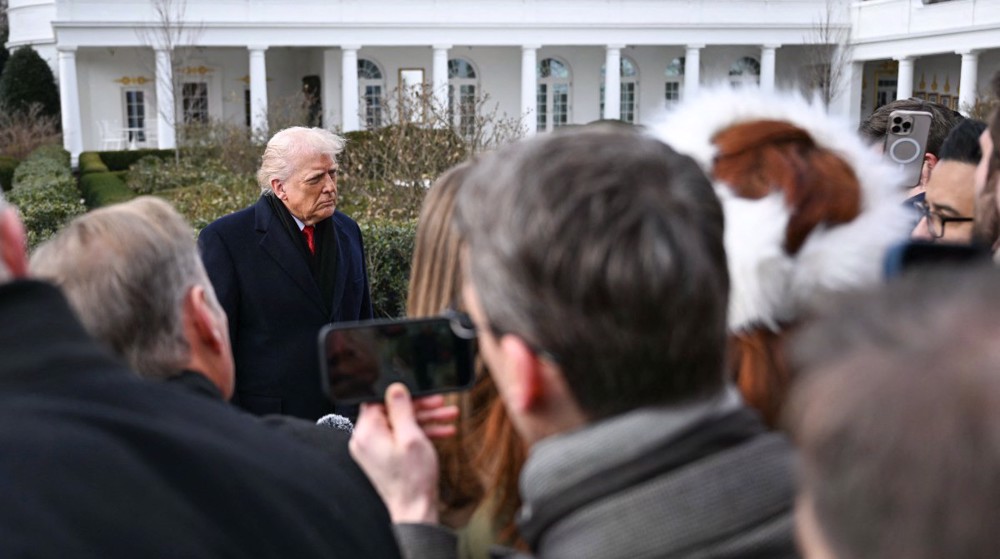Spanish prime minister warns against populist rhetoric
Spanish Prime Minister Mariano Rajoy has warned that populism and demagoguery would be no option out of the country’s economic situation.
In his last annual state of the nation debate on Tuesday, Rajoy warned against what he called demagoguery in politics, which according to him, would risk Spain’s plans for economic recovery and reaching welfare.
“It is not with demagoguery that we can maintain the welfare state,” Rajoy said.
The Spanish leader was clearly alluding to some emerging political parties’ continued use of populist slogans in the run-up to a series of elections in the country which could end in a huge loss for the ruling government.
The falling popular support
Rajoy has experienced a significant fall in public support over the past years as he keeps insisting on implementing austerity measures backed by the European Union. However, the conservative prime minister still believes that the measures adopted since he took office in December 2011 have revived the economy and saved Spain from a Greece-style bailout.
“The greatest social policy of this government was avoiding the bailout,” he said.
Although Spain has avoided a bailout crisis, the country is internationally known as a member of the PIIGS, namely Portugal, Ireland, Italy, Greece and Spain. The government in Madrid is hugely indebted to international creditors as it borrowed 41.4 billion euros in 2012 to finance its collapsing banking sector.
Rajoy, whose term is expected to finish at the end of the year, said the notion of social policy promoted by new anti-establishment parties will not be practical, as it is not rooted in any firm economic policy.
“It is dangerous to think that a social policy that is not backed by a solid economic policy is possible. It is very dangerous to think that the welfare state could be based on hypothesis or be carried out with the money of others,” he said.
Votes approaching
Spain is to see a string of elections this year starting with regional polls in Andalucía in March and culminating in general elections, which is slated for December 20.
The emerging Podemos party, whose ranking in the opinion polls has considerably improved over the past months, is expected to seriously challenge the ruling Popular Party in the elections. The far-left party has vowed to stage a massive fight against state corruption and revoke government policies aimed at reducing public spending and squeezing salaries and pensions.

The party’s base of support was further boosted in January, when its ally in Greece, the Syriza, won the general elections. Podemos also staged a massive rally in Madrid (pictured above) later that month with thousands of people from across Spain taking part.
Many blame Rajoy for the surge in popularity of far-left parties, saying that under his rule, the unemployment rate has jumped, workers have increasingly been hired based on low-paid short-term contracts and salaries have significantly dropped.
MS/HSN/SS
Israel plans to seize Palestinian-owned land in occupied East al-Quds
VIDEO | Displacement in Al-Ouja: A broader push to reshape the occupied West Bank
World Economic Forum revokes Iran FM’s invitation 'under US-Israeli pressure'
VIDEO | The West’s blueprint for modern leadership change war
Iran resolved to protect its independence, security against foreign intervention: FM
Heads of govt. branches vow to resolve economic woes, ensure public security
Several killed as explosion rips through Kabul's high-security district
Trump says 'feels no obligation' to pursue peace after Nobel Prize snub










 This makes it easy to access the Press TV website
This makes it easy to access the Press TV website